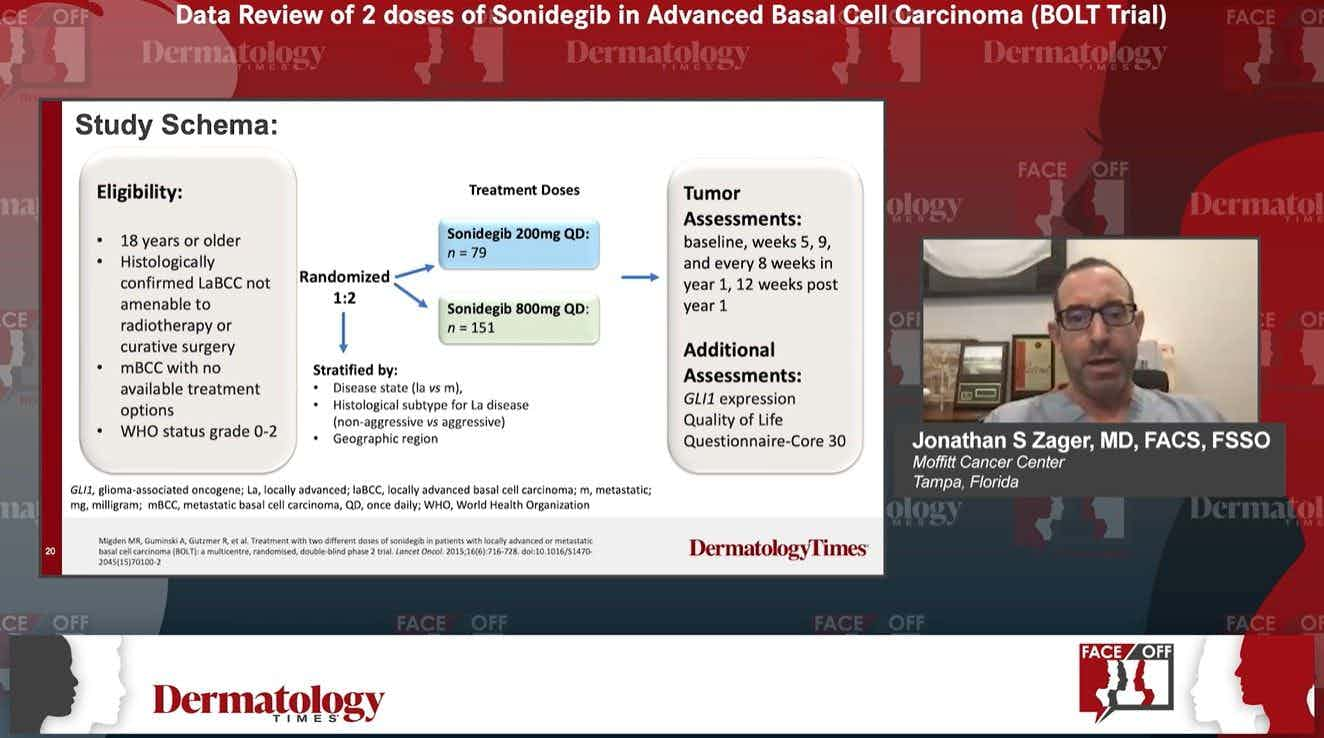- Acne
- Actinic Keratosis
- Aesthetics
- Alopecia
- Atopic Dermatitis
- Buy-and-Bill
- COVID-19
- Case-Based Roundtable
- Chronic Hand Eczema
- Chronic Spontaneous Urticaria
- Drug Watch
- Eczema
- General Dermatology
- Hidradenitis Suppurativa
- Melasma
- NP and PA
- Pediatric Dermatology
- Pigmentary Disorders
- Practice Management
- Precision Medicine and Biologics
- Prurigo Nodularis
- Psoriasis
- Psoriatic Arthritis
- Rare Disease
- Rosacea
- Skin Cancer
- Vitiligo
- Wound Care
Article
Gut Microbiome Can Affect Radiation Cancer Treatment
Author(s):
The overgrowth of fungi could cause the immune system to stop fighting cancer, according to a study.
Tumor response to radiation may be affected by the gut microbiome health in patients with breast cancer or melanoma, according to results from a recent study.
“More than half of all (patients with cancer) will get radiation at some point during their treatment,” Dr. Stephen Shiao, an associate professor and director of basic science research in the department of radiation oncology and biomedical sciences at Cedars-Sinai Medical Center in Los Angeles, California, said in an interview with CURE®. “So it's very important in the global sense that we figured out that there are things in the microbiome that can enhance or inhibit the response to radiation.”
Shiao is also the co-leader of the translational oncology program at Cedars-Sinai Cancer Center and associate professor of Health Sciences in the department of medicine at the University of California, Los Angeles.
Previous studies have suggested that the gut microbiome may influence chemotherapy and immunotherapy in animals and humans, but not in radiation.
“Not all treatments work in all patients, right? And we don't understand some of the factors that are individual that drive that difference in response. … One of the things that's been very hot in cancer has been immunotherapy, and because we're particularly interested in the immune system, we were trying to figure out why it's so strange that some people have immune systems that respond well, and some do not. And, so, we started the study to try and understand what some of the factors (are) that drive that,” Shiao, who was the lead author on the study, added.
Researchers on the study found that fungi depleted by antibiotics enhanced responsiveness to radiation, while bacteria depleted by antibiotics reduced responsiveness due to the overgrowth of fungi. Shiao also observed an elevated amount of Dectin-1, a type of fungi that negatively affects survival in patients with breast cancer.
Shiao described the microbiota as “friendly symbiotes.” Under normal circumstances, the two don’t cause disease, and are important for overall health as they aid in digestion and help to strengthen the immune system by teaching it the difference between good and bad bacteria. Because of this, when bacteria is removed or depleted, it can actually weaken the immune system.
Shiao added, “We saw that one of the reasons that happened is because when you take out the bacteria, it seemed that it made a lot more space for the fungi. And so now it's almost like, you got rid of all these things in the neighborhood, and then now there's new houses built, and these new houses were primarily fungi. When we looked at them, we saw that there was this tremendous growth of lots of different kinds of fungi. And when we looked at what the implication of that (was), we realized that the fungi actually – in terms of shaping the cancer –gave a signal to tell the immune system to stop fighting the cancer.”
These findings highlight the possible importance of regulating the gut microbiome before and during cancer treatment in order to gain optimal results, as well as keeping a healthy gut microbiome by being cognizant about taking antibiotics and focusing on a health, balanced diet.
“It's really important to eat … a balance (of) complex carbohydrates, high fiber diet that supports a healthy kind of microbiota,” Shiao said.
“On the patient front, I think the next step is to really do some careful characterization of the bacteria fungi in patients in a lot of different settings,” he explained, adding that future studies would have to see which methods of antifungal depletion are safe for patients and what the implications could be.
This article was initially published by our sister publication Cure.
Newsletter
Like what you’re reading? Subscribe to Dermatology Times for weekly updates on therapies, innovations, and real-world practice tips.















